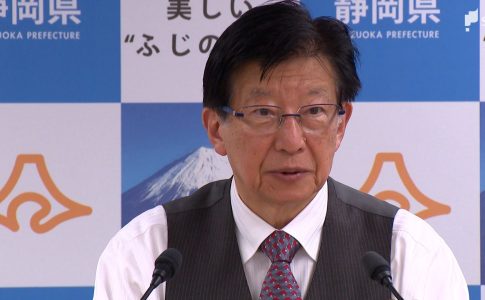Deja Vu in Finance: The Rising Concern Over Foreign Currency Insurance in Japan’s Banking Sector
The financial industry is experiencing a sense of déjà vu reminiscent of the structured bond fiasco, as regional banks have come under scrutiny for the aggressive sale of structured bonds around 2020. The Financial Services Agency (FSA) of Japan issued business improvement orders to Chiba Bank, Chibagin Securities, and Musashino Bank in June last year, for practices that did not align with customer attributes or investment objectives. Despite the lucrative commissions from structured bonds, a shift in focus by the FSA towards the complex and high-risk nature of these products has led many banks to cease their sale. In the wake of structured bonds becoming a less viable option, financial...










